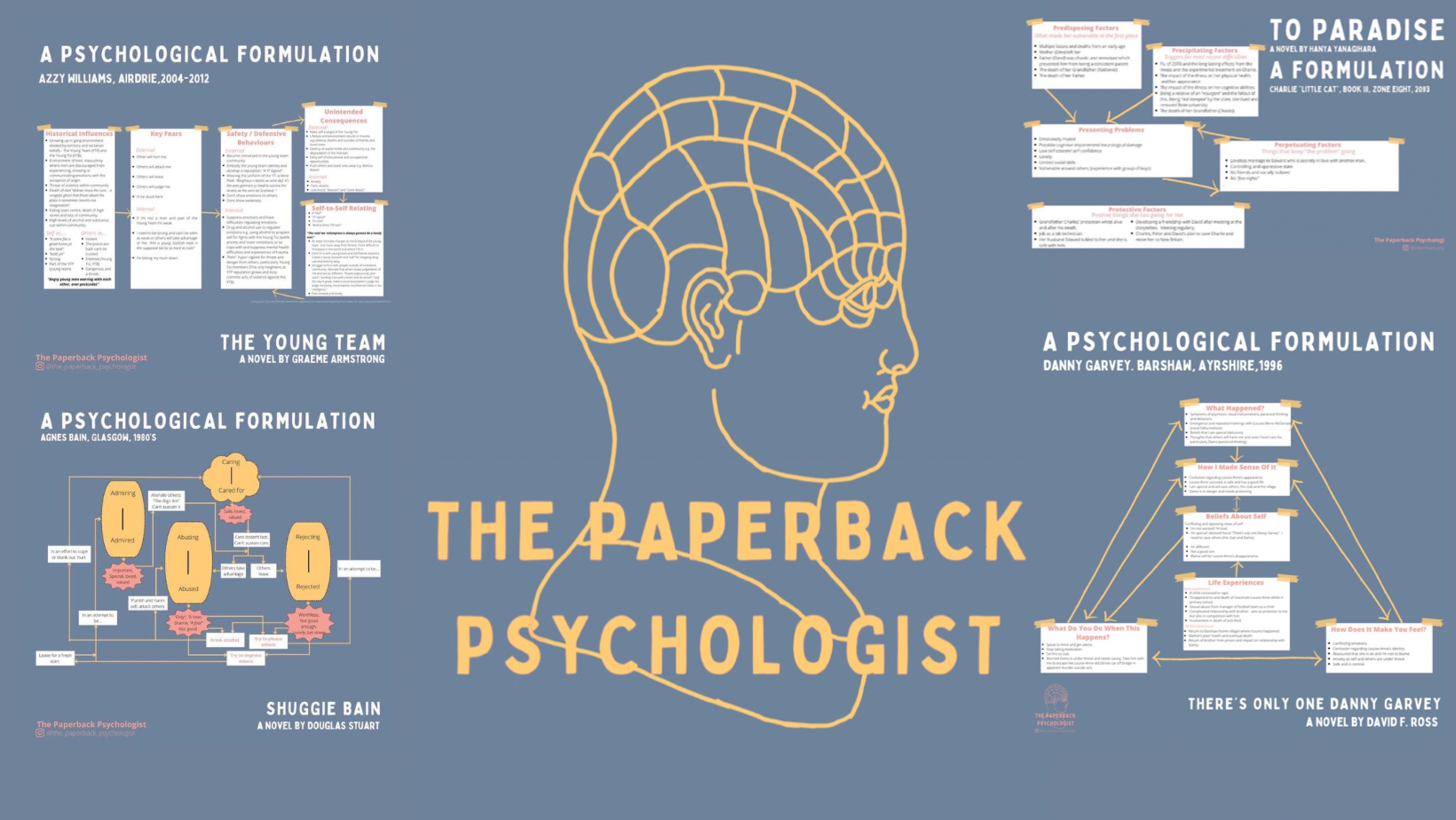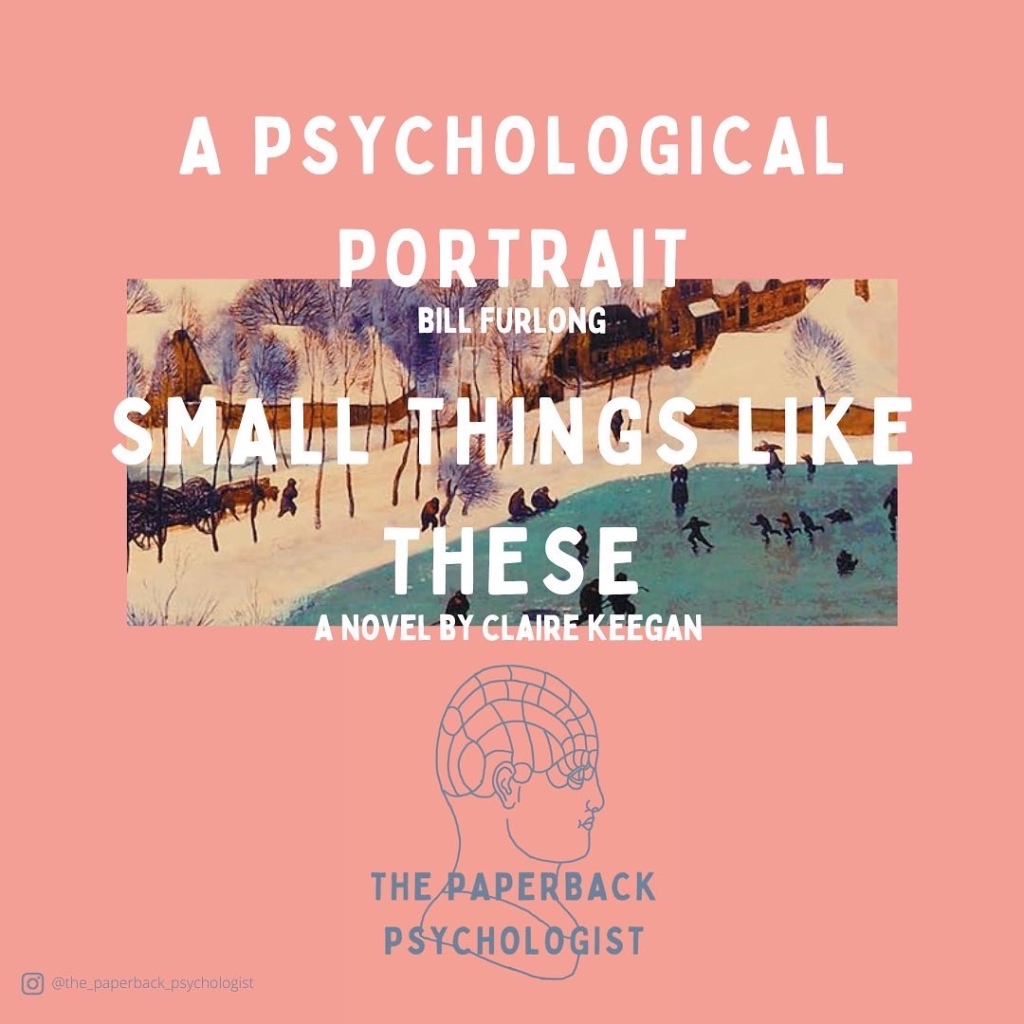I wouldn’t consider myself the quickest of readers. I rarely read a book these days without my pen and notebook to hand, ready to note down anything significant that could be relevant for a psychological exploration. Approaching reading with a more curious and considered approach like this can prolong my time spent reading a book. So to have read the Booker Prize Shortlisted: Small Thing Like These in one sitting, is a fairly unique experience for me.
I’m in awe of just how much Claire Keegan can say with so few words. At just 114 pages, it’s incredible how Bill Furlong’s story, relationships and history are all so fully developed. It’s no surprise then, that I couldn’t resist spending some time to reflect on Bill’s journey that Christmas in 1985’s Ireland and produce a psychological portrait for him.

In this psychological portrait of Bill, we can speculate on the impact that his early experiences have had on his life. Bill’s mother became pregnant whilst unmarried. In the mid 20th century in Ireland, this would have been looked upon as shameful and was considered “his mother’s trouble”, with her having little options over her and her unborn baby’s life. Fortunately, his mother’s employer Mrs Wilson, took Bill’s mother into her home, allowing her to raise Bill from the safety of Mrs Wilson’s residence. The novella alludes to Bill growing up with harsh criticism from his peers at school with regard to his parents and being raised by a single unmarried mother. Bill’s early experiences appear to have been very important in shaping how he sees himself and others. It is likely that he has internalised the way he has been treated by others, which influence how he relates to himself and other people. On one hand, he grows up feeling shame, that there is something wrong with him and others are cruel and abusive towards him; whereas the kindness extended by Mrs Wilson and Ned (another employee of Mrs Wilson) instil in Bill a caring and kind approach to others. These nascent experiences appear to be the principle motivation for Bill in the course of events in Small Things Like These and drive him towards his actions at the end of the story. Prior to this, Bill questions the point of his life, what his values are and what his purpose is. His meetings with the girls in the convent (who were forced to have their babies in this institution and then give them up for adoption) have a huge impact on him and he cannot help but relate their plight to that of his mothers and his own life. It appears that by saving the girl at the end of the novella, he is repeating that act of kindness that saved his mother, which in turn saved his own life. Furthermore, it seems that this act of kindness gives Bill the purpose in his life that he had otherwise felt lacking.
“He thought of Mrs Wilson, of her daily kindnesses, of how she had corrected and encouraged him, of the small things she had said and done and had refused to do and say and what she must have known, the things which, when added up, amounted to a life. Had it not been for her, his mother might very well have wound up in that place. In an earlier time, it could have been his own mother he was saving – if saving was what this could be called. And God knew what would have happened to him, where he might have ended up.”
The psychological portrait below explores all of these themes:



Leave a comment